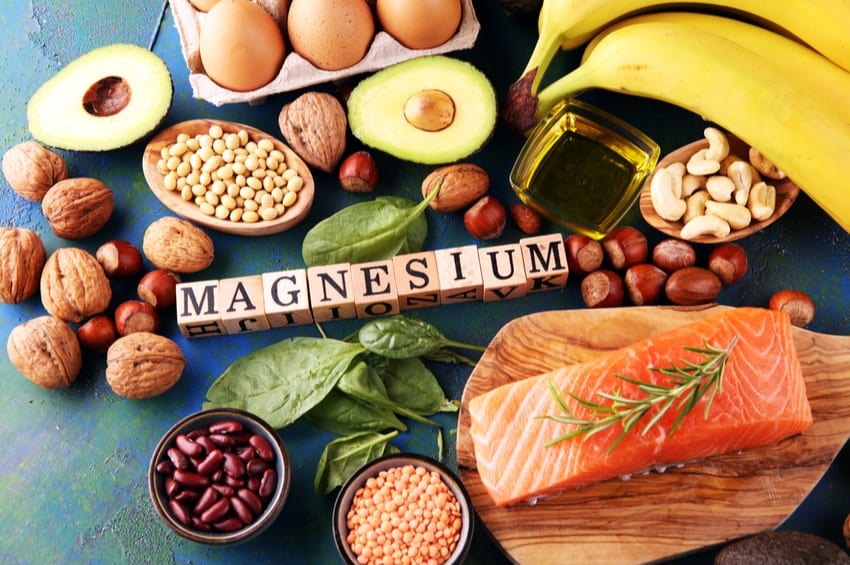Optimizing magnesium intake on a keto or low-carb diet
A ketogenic or low-carb diet weight loss, improved blood sugar control, and reduced inflammation. They are restricting carbohydrate nutrient deficiencies, including magnesium deficiency. Getting enough magnesium is critical for overall health, so optimizing your intake on a low-carb diet is essential.
Magnesium and why do we need it
Magnesium is a mineral that plays a role in over 300 enzymatic reactions in the body. It is involved in energy production, blood glucose control, blood pressure regulation, muscle and nerve function, and bone health. Some of magnesium’s key functions include:
- Protein synthesis – Magnesium is needed to synthesize proteins, including those used for muscle growth and repair.
- Blood glucose control – It plays a role in insulin secretion and sensitivity, helping regulate blood sugar levels.
- Energy production – the best magnesium is involved in ATP production, which provides the body with energy.
- Muscle and nerve function – This mineral allows muscles to contract and nerves to send signals properly.
- Reduced magnesium-rich foods – Whole grains and fruits, which are limited to low-carb diets, are key dietary sources of magnesium.
- Increased magnesium excretion – Low insulin levels and high ketones on a keto diet lead to more magnesium being flushed out in urine.
- Gastrointestinal issues – Reduced magnesium absorption or intestinal disorders impair magnesium status.
Individuals following a long-term ketogenic diet for magnesium deficiency. Studies show that magnesium levels consistently decline in those adhering to a ketogenic diet for more than a few months.
Optimizing magnesium intake on a low-carb diet
To maintain optimal health and performance on a ketogenic or low-carb diet, make sure you are meeting your recommended daily magnesium intake.
- Include magnesium-rich foods
- Dark leafy greens like spinach, Swiss chard, kale
- Avocados
- Nuts and seeds
- Fatty fish like salmon and mackerel
- Beans and lentils (in moderation)
- Cocoa powder or dark chocolate (in moderation)
- Supplement with magnesium
Magnesium glycinate is often considered the best supplement for bioavailability. Other highly absorbable forms include magnesium citrate, magnesium chloride, and magnesium threonate. The RDA for magnesium is 310-420 mg per day for adults. Taking 200-300 mg as a daily supplement maintains optimal magnesium status on a keto diet.
- Use Epsom salt baths
Soaking in a warm bath with Epsom salts (magnesium sulfate) allows magnesium to be absorbed through the skin. Aim for at least 15 minutes per bath, 2-3 times per week.
- Focus on magnesium-rich cooking water
They are cooking greens, beans, grains, or other magnesium-containing foods, use the cooking water in stocks, soups, or when making sauces.
- Avoid heavy exercise without replenishing magnesium
Strenuous exercise causes magnesium loss through sweat. Be sure to replace magnesium before and after vigorous workouts.


